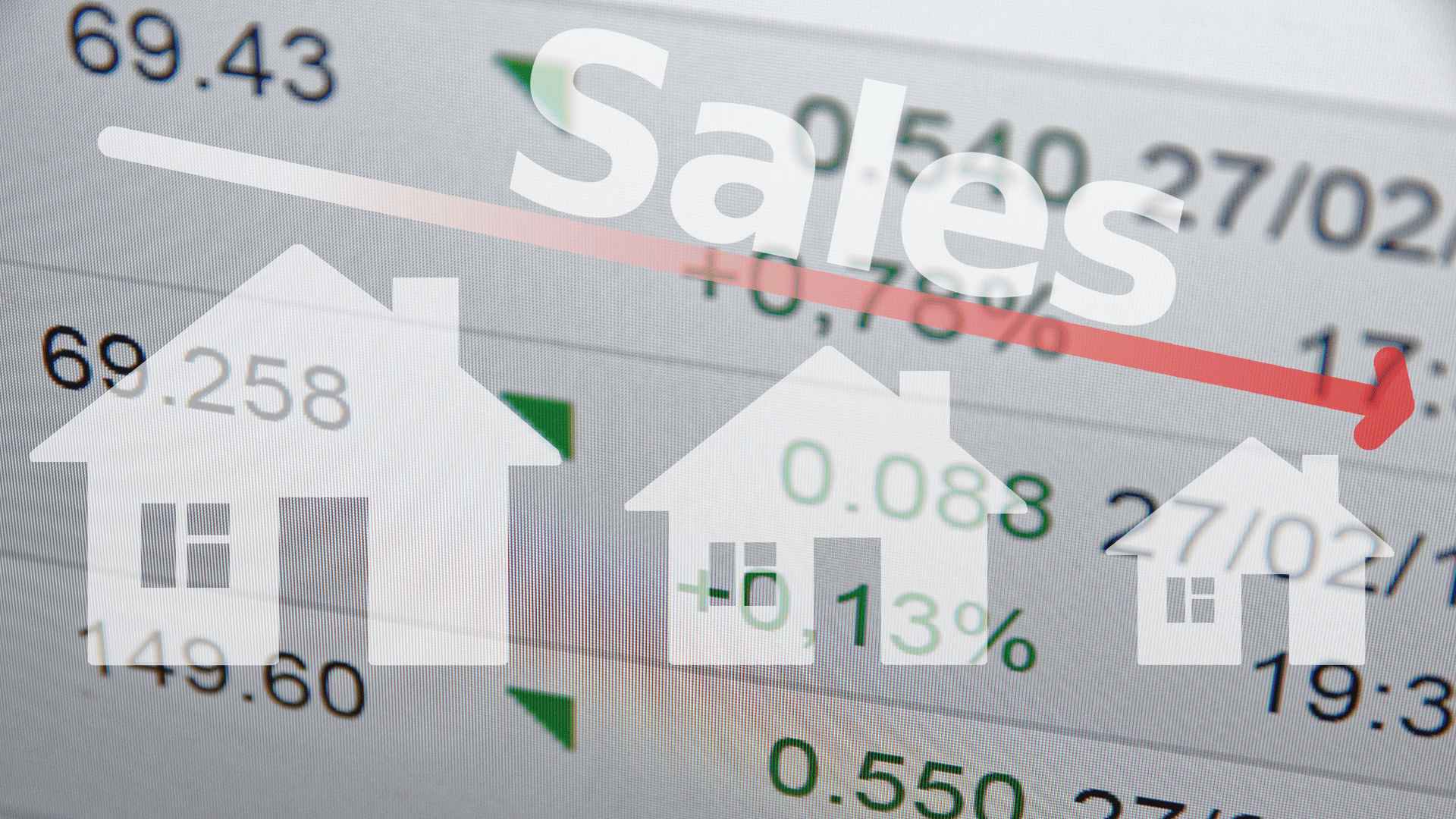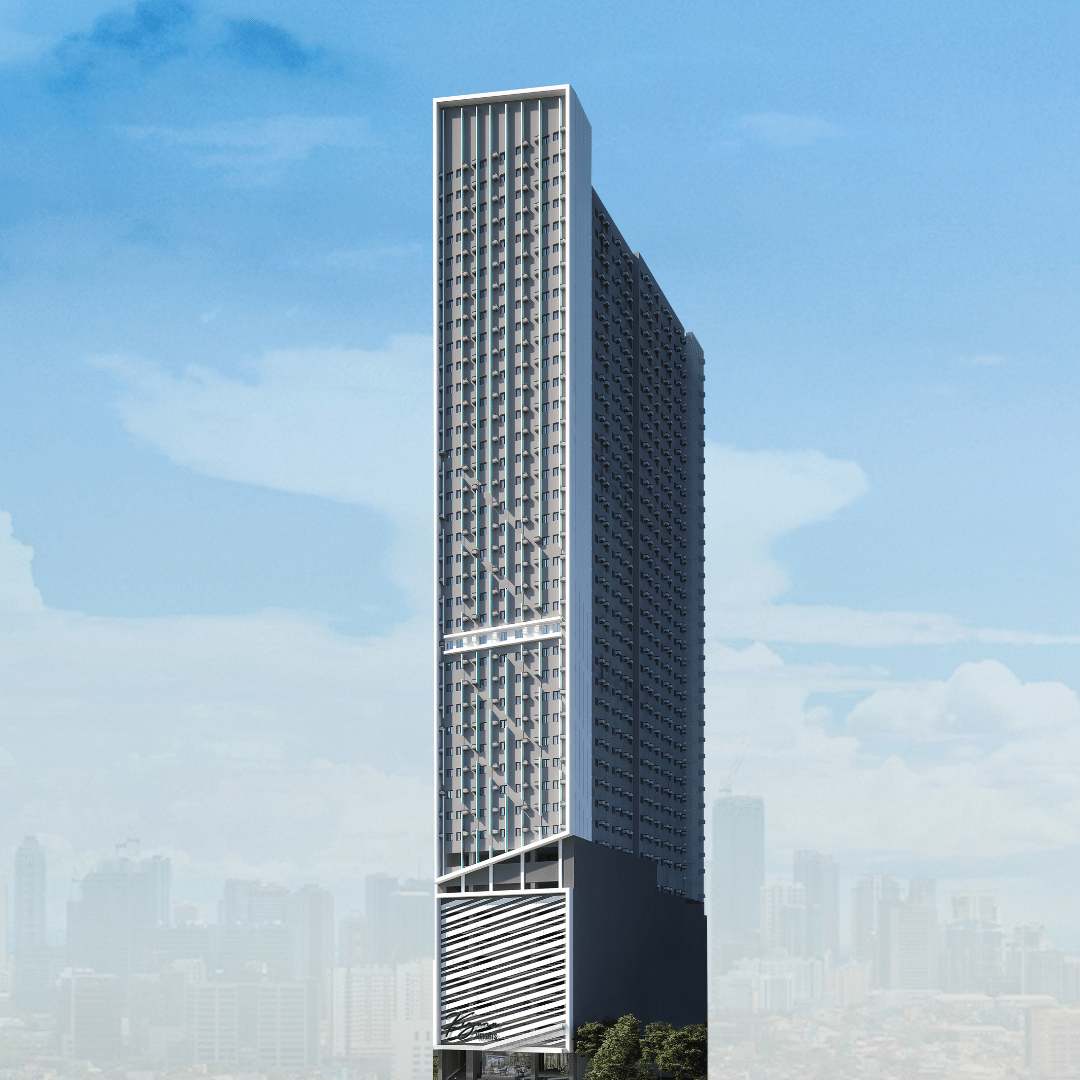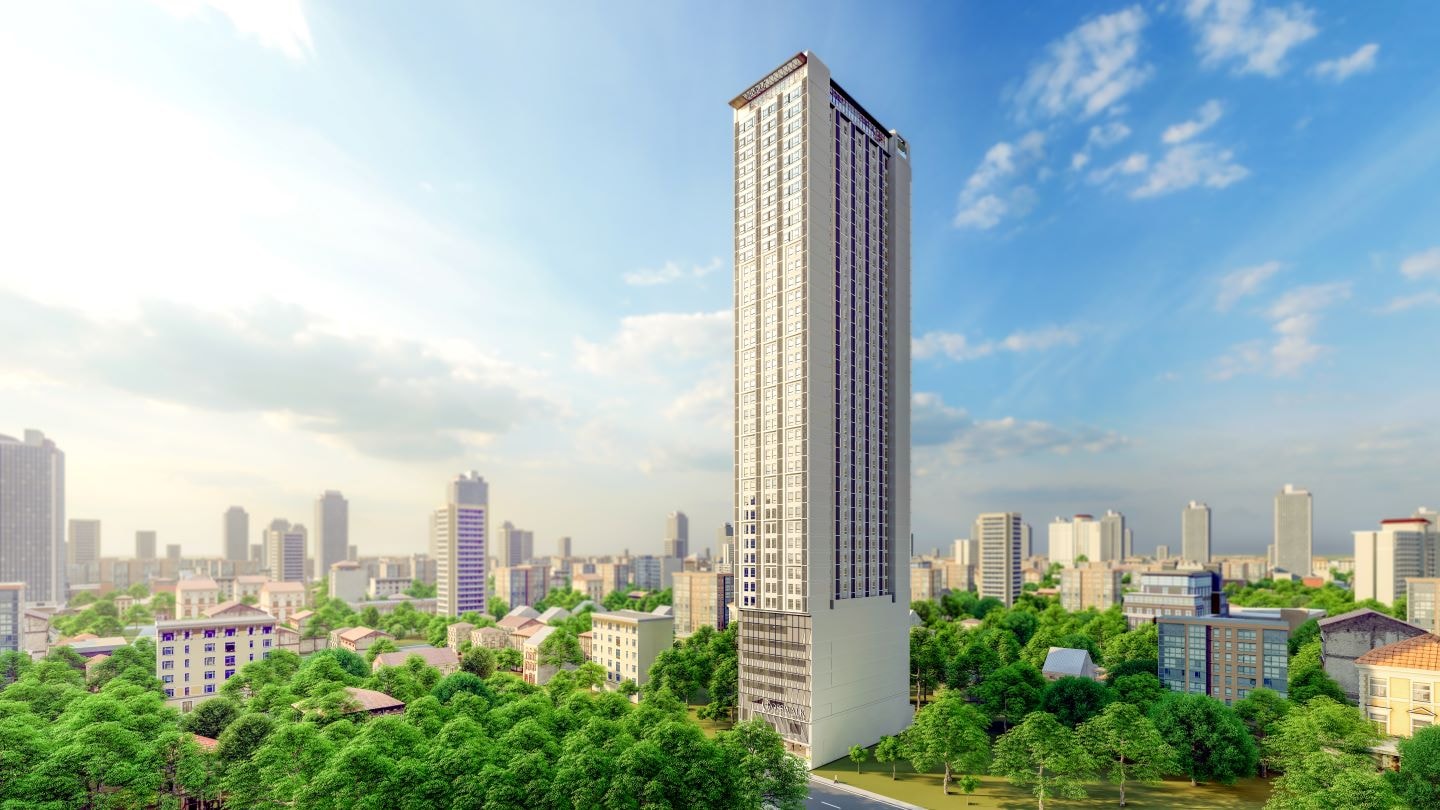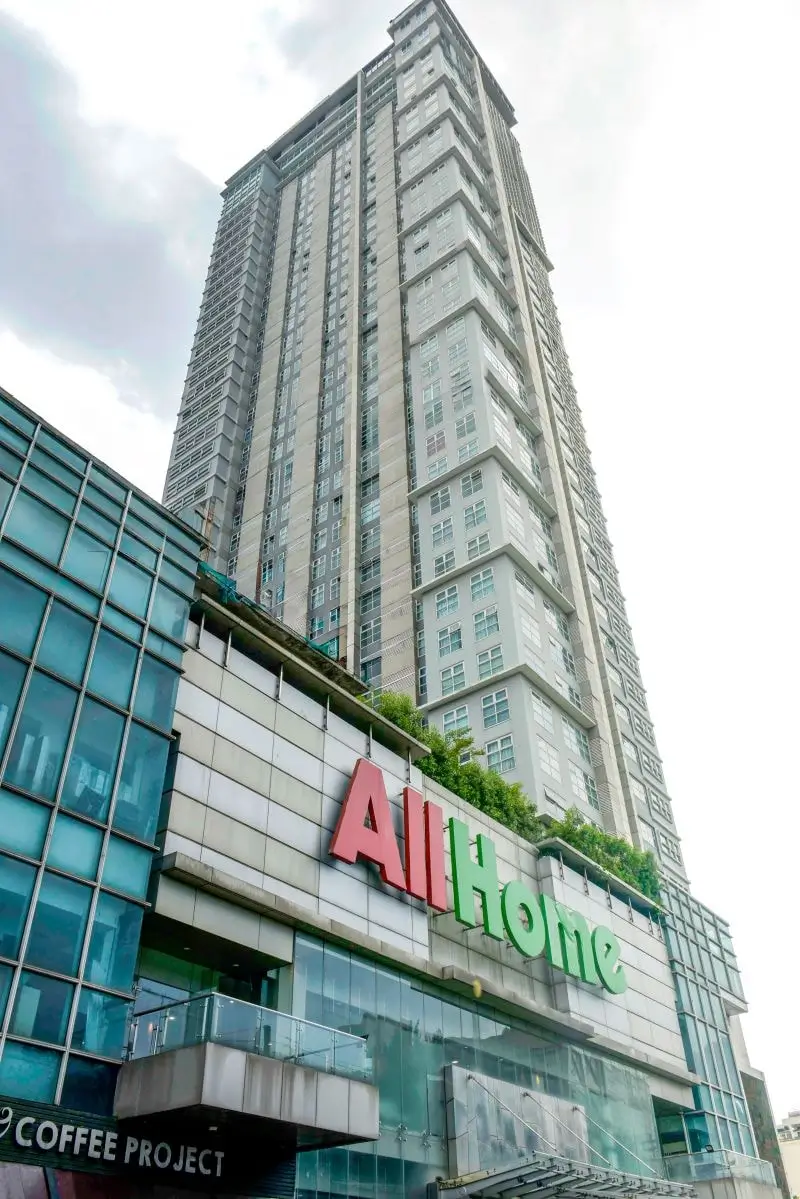If the Philippines' economy, support from the government, buyer demand, and investor interest in real estate forecasts continue as projected by real estate experts and observers until 2024, the country's real estate affairs will have a bright future. The worldwide housing market would also be somewhat impacted by this predicted real estate boom.
Numerous publications cite experts as saying that real estate will do well not just in 2024 but also in the years to come. Hopefully, by being fully utilized as a lucrative investment avenue, the country's real estate sector will continue to contribute to the country's economic recovery. The continued demand for real estate, the national home prices, the government's dedication to constructing new infrastructure, average interest rate rates, and the rate of economic growth will all favorably impact this.
If all goes as planned, the booming capital will witness an increase in real estate prices, rising mortgage lenders to raise interest rates further, better housing availability, and the opening of brand-new commercial real estate projects. The robust position of the Philippine economy is mostly to blame for the country's real estate boom. Despite all the challenges the country has endured recently—the COVID-19 pandemic, the longest lockdown in recorded history, a change in the nation's leadership, and so on, Still, it is undeniable that the country's economy is looking forward to the new year.
As anticipated even prior to the epidemic, the Philippines' economy is believed to reflect the growing potential of multiple industries inside the country. Due to the Philippines' good progress in this area, there have been a number of foreign investments, which has enhanced bilateral relations. In recent years, the Philippines has become a more sought-after location for business process outsourcing (BPO) investments. An increasing number of newly constructed commercial and industrial properties are listed each year. As a result, there are more and more foreign investors attracted to the area, creating thousands of jobs across numerous industries.
But many investors and business owners have suffered huge losses as a result of the recent housing market crash and disasters. Experts tell the public that, despite sporadic challenges, the real estate industry seems to have a promising future. Because it is known for being resilient and quick to recover, the National Association of Realtors says estate is still one of the industries with a bright future.
Real estate analysts and experts advise prospective buyers to start looking for a property in 2024. Given the high mortgage rates, the positive forecast for existing home sales, and the price appreciation in Philippine real estate, 2024 is a great year for Filipinos to purchase a home.
An optimistic outlook for the Philippine real estate market benefits both buyers and sellers. Real estate transactions were very challenging in prior years due directly to the COVID-19 pandemic. It was quite bad for certain real estate markets, such as residential and commercial assets, because there were fewer or no onsite operations.
Trend
But there are a lot of other noteworthy real estate housing market predictions and movements to keep an eye on over the next 18 to 24 months. Let's look at the trends right away:
1. People go from cities to the suburbs.
Moving out of major cities such as Makati, BGC, and Ortigas to the suburbs has increased because of the COVID-19 epidemic. Who does not think of getting out of the crowded location during the pandemic, huh?
However, there is a potential that this trend of people choosing not to live in Metro Manila will continue for the next three to five years. Many in the field believe that population growth and suburbanization will be fueled by the epidemic until 2025. The two primary reasons behind the change are choice and necessity. The people who moved out are the ones who cannot afford to stay. while those who can afford it are moving because they want to.
People looking for more affordable housing options are those who have lost their employment and are unable to pay the high housing costs of living in big cities.
Not to add, many want to live in the suburbs because of things like more affordable housing prices and rent, fewer taxes, quiet living, and fresh air.
2. Online searches for homes
Every industry's digitization was accelerated by the outbreak. The real estate market is no exception. Due to the pandemic and the competitive real estate market, some buyers purchased their homes in 2020 but never moved in.
Many people were able to virtually tour houses because of capabilities like virtual staging, 3D tours, and drone recordings.
The home tour is not the only aspect of the digital change in home buying. You can now see mortgage and other mortgage rates and interest rates, and you can apply online for a mortgage as well.
3. Property prices keep rising.
Soon after the outbreak started, the real estate market briefly recovered as prices dropped, and many homeowners who had been thinking about selling their homes as buyers changed their minds.
However, a few months later, the price went up again. And both the seller's market and the buyer's market still show strong buyer demand, stronger than ever going into 2021.
A single-family home is becoming more and more expensive. High costs aren't deterring prospective homeowners. Some buyers are willing to pay much more than the asking price for existing homes in order to ensure their purchase. Rising interest rates and home prices have boosted the home equity still held by current homeowners.
4. Declines in the Rental Property Market
2020 saw the same housing market activity as the great recession and a decline in the rental market for both residential and commercial buildings in major cities, partially due to the population shift to the suburbs.
The housing market experts forecast that rental properties in the main cities will decline even more as those who can afford it try to purchase a property, and those who are unable to find other housing recession methods to save money run the risk of falling behind on their rent.
The number of young professionals giving up their homes and moving back into single-family homes with their parents increased dramatically last year.
In recent years, the Philippines' real estate sector has seen tremendous expansion, rent growth, and development.
Preferences of customers: For a variety of reasons, Filipino customers have demonstrated a significant preference for residential real estate. The nation's growing urbanization and population expansion are two of the primary causes of housing demand. The need for housing has grown along with the number of people who are moving into cities. In addition to rising costs, the Philippines' younger population is becoming more and more interested in real estate investment as a way to secure their financial future.
Industry trends
The emergence of condominiums is one of the major developments in the Philippine real estate industry. Because of their facilities and convenience, condominiums are becoming more and more popular among both domestic and foreign customers. The rising number of young professionals and their desire for a more opulent and modern lifestyle are two reasons driving the demand for condominiums. In the upcoming years, this trend is anticipated to continue. The creation of mixed-use properties is another trend in the Philippine real estate industry. A growing number of developers are creating sites with mixed-use commercial, residential, and recreational areas. The goal of developing more thriving, sustainable communities with a variety of facilities and services is what is driving this movement. Additionally, developers can benefit from increased returns on investment and diversification when they invest in mixed-use properties.
Local-specific circumstances:
The presence of a sizable Filipino diaspora population is one of the distinctive features of the Philippine real estate market. Many Filipinos who work overseas make investments in real estate in their native nation as a means of securing their future and generating a steady income. As a result, there are now more prospects for investors and developers in the Philippines' real estate sector.
Macroeconomic elements at play:
A number of macroeconomic factors have contributed to the expansion and development of the Philippine residential real estate market. Recent years have seen steady economic growth in the nation, which has raised consumer confidence and purchasing power. In addition, the government has put laws like the Real Estate Investment Trust (REIT) law into place to support the real estate industry, drawing in both domestic and foreign investors. In summary, the Philippines' real estate market is expanding and developing significantly due to a number of factors, including consumer preferences for residential properties, the increase of condominiums, the construction of mixed-use structures, and the existence of a sizable Filipino expat community. Underlying macroeconomic variables that bolster these tendencies include steady economic growth, rising mortgage rates and home prices, and government initiatives that support the real estate industry.
Purchasing a home in 2024
Experts and analysts in the field of real estate are advising prospective home buyers not to begin their property search in 2024. 2024 is a wonderful year for Filipinos to buy a property because of the favorable outlook for home price appreciation and growth that Philippine real estate is experiencing.
Both buyers and sellers benefit from an optimistic real estate and housing market forecast and prognosis for housing inventory in the Philippines. As a direct result of the COVID-19 epidemic, real estate transactions and home sales were quite difficult in previous years. Because there were fewer or no onsite operations, it was particularly terrible for specific real estate markets, such as residential and commercial assets.
Fortunately for first-time buyers, the Philippine real estate market is doing well right now. Over the following five years, government predictions indicate an expected annual growth rate of 5.4%. The real estate market is expected to perform 2.55% better in 2028. Although this average rate may not seem like much to most, it actually alludes to a significant amount of housing supply in prospective new real estate developments.










